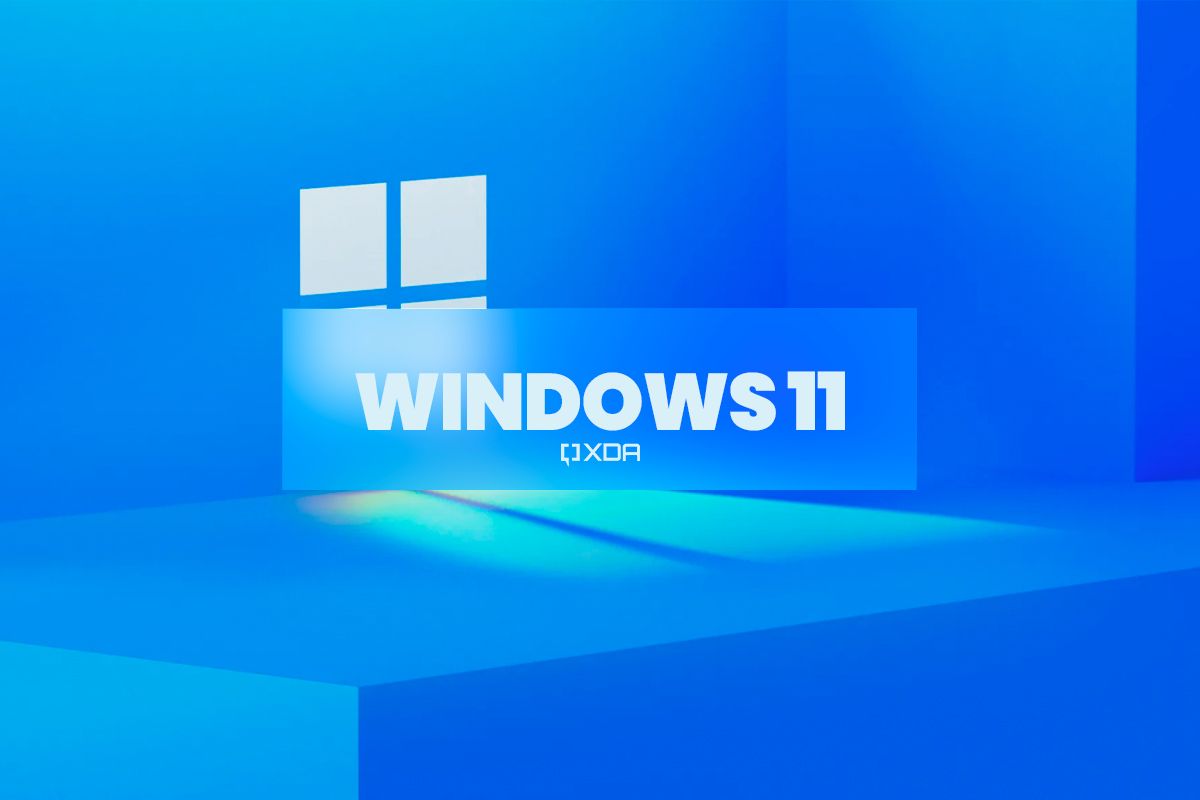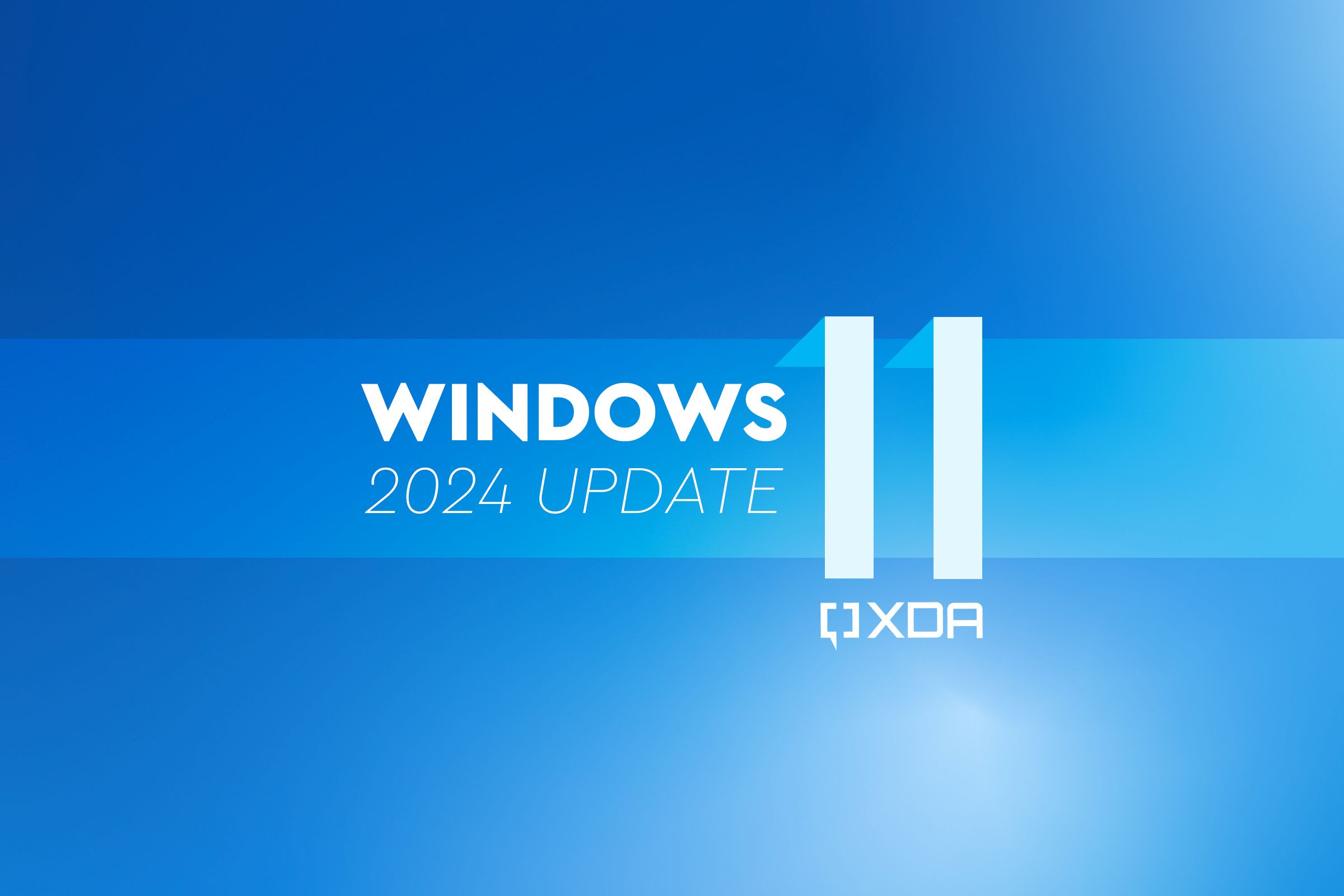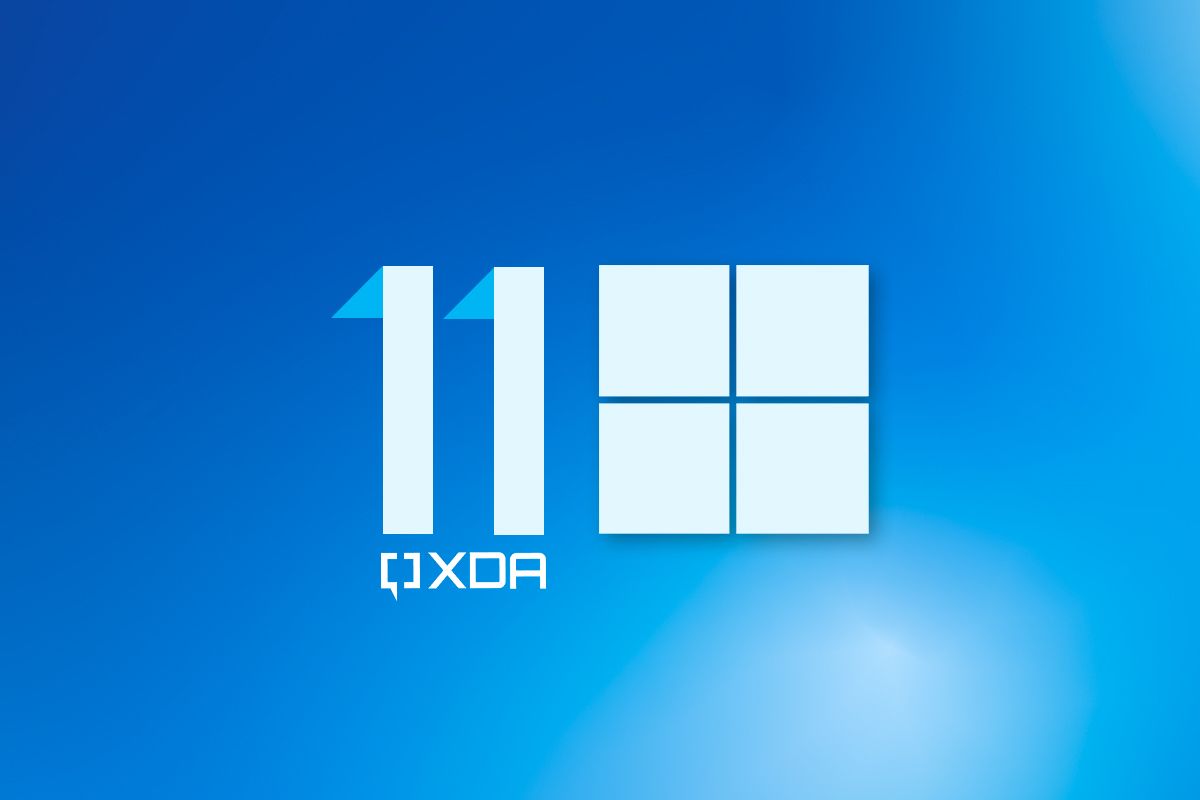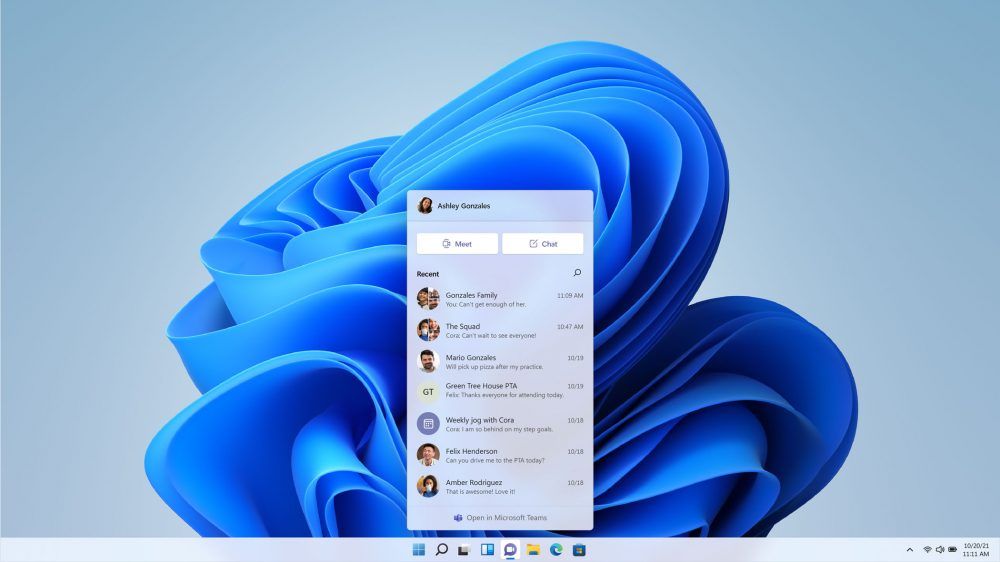Key Takeaways
- Windows 11 gets major feature updates once a year with a 24-month support cycle for Home or Pro editions and 36 months for Enterprise and Education editions.
- Windows 11 doesn't have a specific end-of-support date yet, but it could potentially last beyond the typical 10-year mark due to ongoing feature updates.
- Business users can look forward to the Windows 11 Long-Term Servicing Channel release in the second half of 2024, offering a 10-year support period until 2034.
Windows 11 has been around for a while now, and it's been getting big updates ever since. With the operating system set to turn three years old this year, you might be wondering if there's a future for the platform. Thankfully, Windows 11 isn't going anywhere anytime soon, and you have nothing to worry about in terms of being supported.
That being said, there are some things to know about the Windows 11 support period if you don't want to be caught off guard.

Windows 11: Everything you need to know
Windows 11 is the latest and greatest operating system from Microsoft, and it packs a ton of changes. Here's what you need to know.Feature updates have different support periods
The first thing to know is that Windows 11 gets major feature updates once per year, at least so far. Windows 10 also got these updates, but they actually happened every six months or so. What that means is that while Windows 11 was initially released on Oct. 5th, 2021, there have been major updates like version 22H2 and version 23H2 since then, adding new features and capabilities.
On top of these new features, each of these Windows 11 updates has its own support cycle. According to Microsoft, each version of Windows 11 is supported for 24 months after launch if you have a Home or Pro edition or 36 months for Enterprise and Education editions.
For example, the initial release of Windows 11 came out on Oct. 5th, 2021, so it stopped being supported in October of 2023 (for Home and Pro editions). But if you upgraded to Windows 11 version 22H2, you're still supported until October of 2024. And the more recent version 23H2 will be supported until November 2025. This is what Microsoft calls the modern lifecycle policy.
Because these feature updates are free and relatively painless, you won't necessarily run out of support when your current version does. Microsoft will simply prompt you to upgrade to the latest version to extend your support cycle.

Windows 11 2024 Update: What's new and why it's not Windows 12
The Windows 11 2024 Update will bring a ton of changes to the operating system, including better support for Arm devices.Does Windows 11 as a whole have an end-of-support date?
One thing that's easy to forget is that despite this continuous update system, Windows 10 as a whole still has an end-of-support date. Microsoft says it will keep supporting the OS until Oct. 14, 2025, which is about 10 years from the original Windows 10 release. In fact, that tends to be the case with every major Windows version. They get five years of mainstream support from their release and 10 years of extended support at a minimum, and that's because of what Microsoft calls the fixed lifecycle policy.
Every Windows version thus far has been governed by the fixed lifecycle policy, though Windows 10 also uses the modern lifecycle policy for its feature updates. That's why certain versions may run out of support, but Windows 10 itself is still supported as long as you have the latest version.
If you buy a laptop with Windows 11, you can expect to be supported for the foreseeable future.
Microsoft hasn't revealed an end-of-support date for Windows 11 as a whole yet, but that's probably because the company is leaving the door open for support to be extended beyond the usual 10-year period. If new feature updates keep being released for the next few years, support could last much longer, but 10 years is probably the minimum you should expect. And, if the rumblings of Windows 12 materialize anytime soon, it could also be the maximum you should expect.
The Long-Term Servicing Channel
Another thing to keep in mind for business users is the Long-Term Servicing Channel. Releases in this channel have 10 years of support, no matter what. For example, Windows 10 version 1809 was released as Windows 20 2019 LTSC, and it'll be supported until 2029.
Microsoft has announced that a Windows 11 LTSC release will happen in the second half of 2024. While we don't have more concrete information yet, this version has leaked online, so we know things are coming along. When it releases, Windows 11 LTSC should be supported for 10 years, meaning you'll be set all the way through 2034.
Wrapping up
In conclusion, if you buy a laptop with Windows 11, you can expect to be supported for the foreseeable future. Every year, there will be a big feature update, and you'll eventually have to install it to extend your support period. Windows 11 as a whole should be supported for about 10 years, provided you have the latest feature update installed. That means there's no cause for concern when buying a new laptop today, and you'll be getting security updates for a long time.


